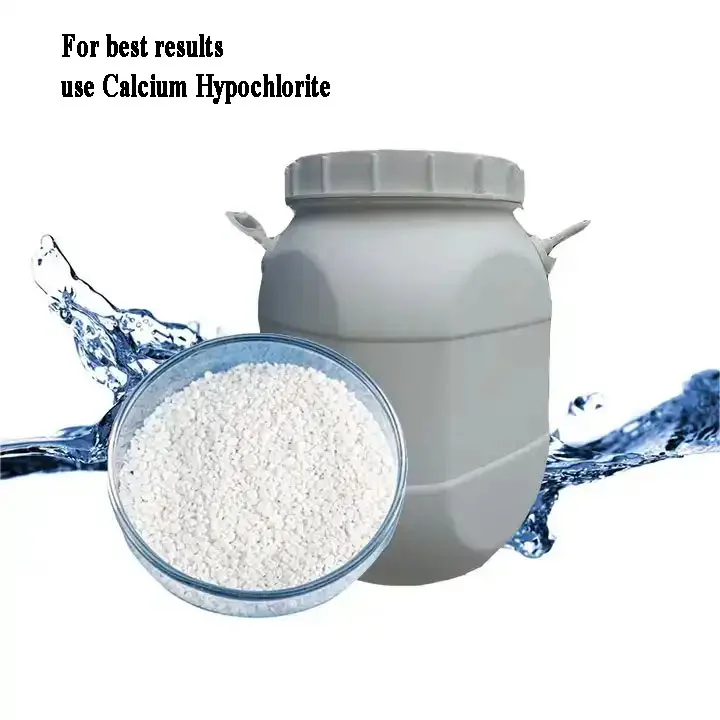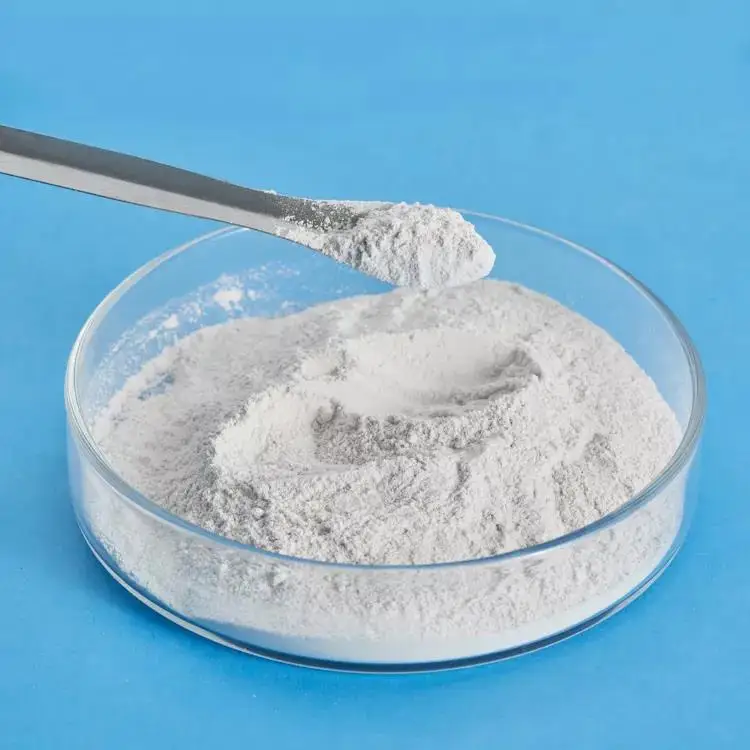Calcium Hypochlorite (65% - 70% Available Chlorine)

Calcium hypochlorite (Ca(ClO)₂), commonly known as bleaching powder concentrate, is a strong oxidant with relatively high stability and is also one of the products of the chlor-alkali industry. Calcium hypochlorite containing 65% - 70% available chlorine mainly has the following characteristics:
Physical and Chemical Properties
It usually appears as white to light gray granules with a strong chlorine odor, and its solution is a yellow-green translucent liquid. The melting point is 100℃ (decomposes). The relative density (water = 1) is 2.35, and the relative vapor density (air = 1) is 6.9. It is slightly soluble in water, and a large amount of heat and nascent oxygen are released when dissolved. It is relatively stable when stored in a dry and cool environment, but it will degrade over time when exposed to heat, moisture or air. It decomposes when heated, exposed to acid or sunlight, releasing irritating chlorine gas.
Disinfection and Sterilization: Hypochlorous acid produced by dissolving in water has strong oxidizing properties and can kill bacteria, viruses and other microorganisms in water. It is commonly used for disinfection and sterilization of urban and rural drinking water, swimming pool water, and is also suitable for places with high requirements for sterilization efficiency such as ranch sterilization and aquaculture.
Algae Inhibition: It has a certain inhibitory and killing effect on algae in water to prevent excessive algae reproduction. In addition, it is also widely used in the bleaching of pulp in the papermaking industry and the bleaching of cotton, linen and silk fiber fabrics in the textile industry; in the chemical industry, it can be used for the purification of acetylene and the manufacture of chloroform and other organic chemical raw materials; it can also be used as a wool shrink-proof agent, deodorant, etc.
Precautions for Use
Calcium hypochlorite is a strong oxidant and is highly harmful to humans. When using it, good safety protection should be taken to avoid its dust irritating the conjunctiva and respiratory tract, damaging teeth, and preventing moderate to severe damage caused by skin contact. At the same time, the dosage should be strictly controlled. Excessive use may lead to excessive residual chlorine in water, which will have adverse effects on human body and the environment. When storing, it should be sealed and stored in a dry place, avoiding heat, moisture, contact with acidic substances or direct sunlight.

